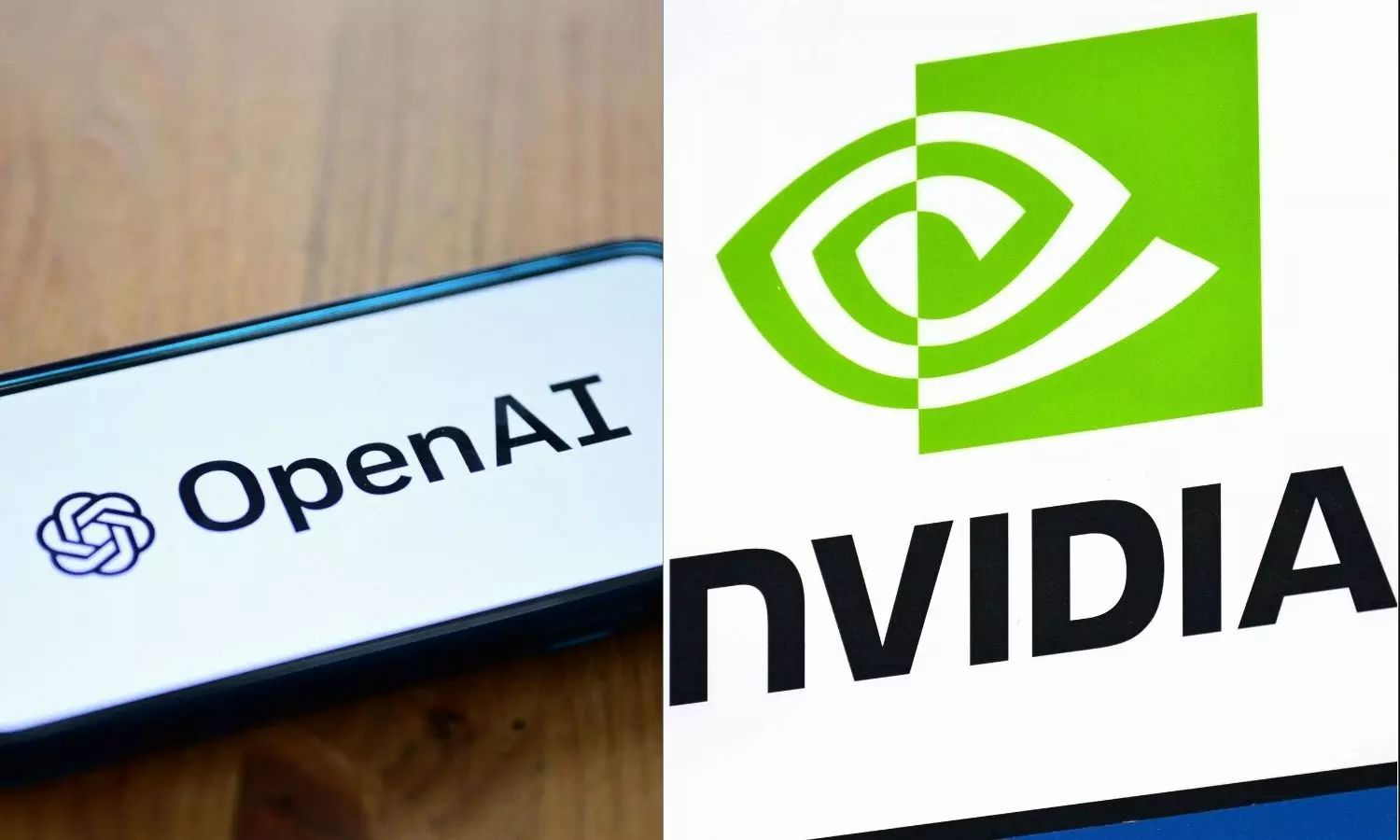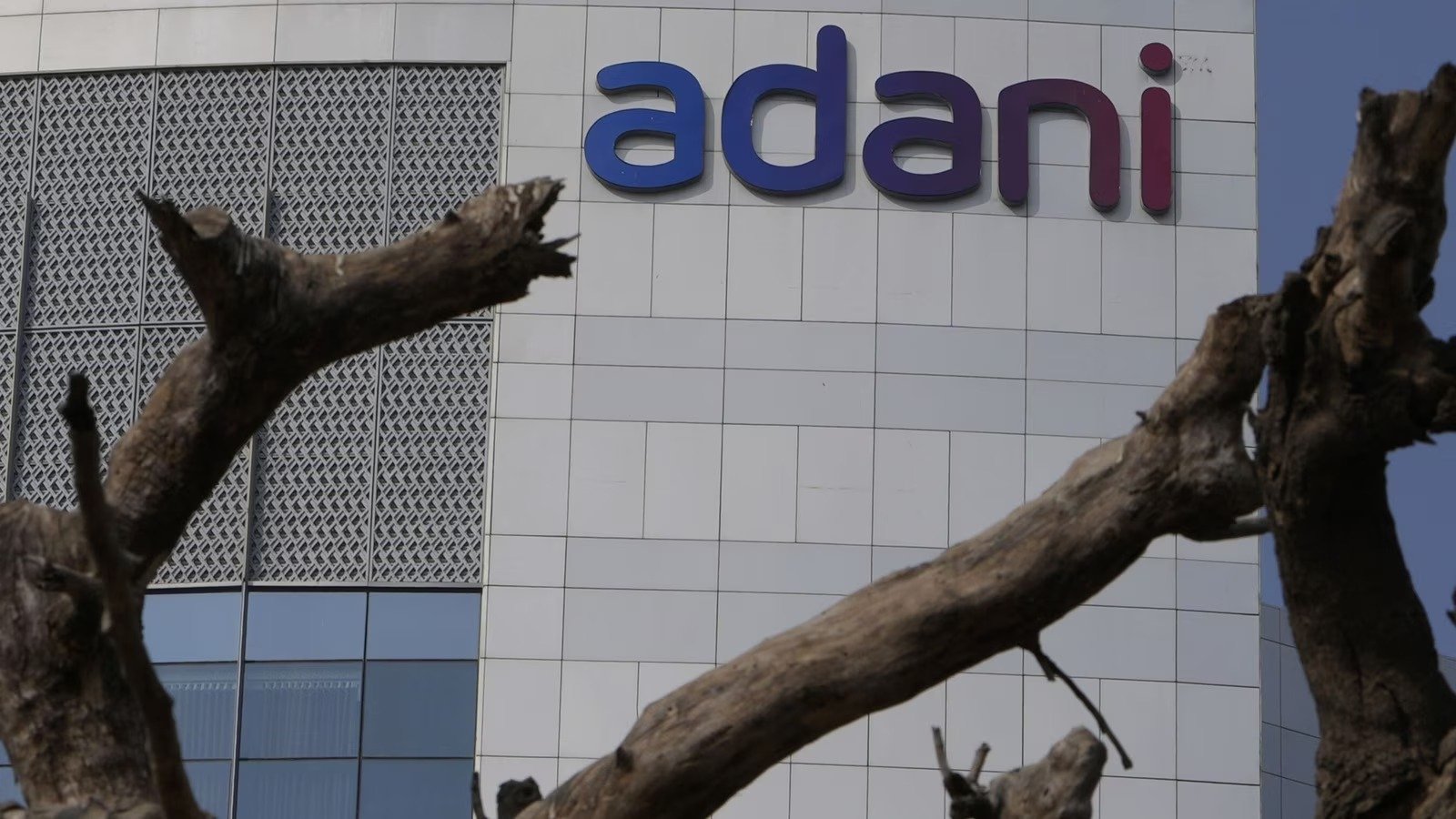September 23, 2025 San Jose — In a landmark move that could reshape the global AI landscape, Nvidia has announced plans to invest up to $100 billion in OpenAI, marking one of the largest strategic partnerships in the artificial intelligence sector to date. The investment will support the deployment of at least 10 gigawatts of Nvidia systems for OpenAI’s next-generation AI infrastructure.
The deal, structured as a phased investment tied to infrastructure deployment, will begin with an initial $10 billion once OpenAI activates its first gigawatt of computing power. The systems will be powered by Nvidia’s upcoming Vera Rubin platform, designed to handle complex AI workloads such as generative video and software coding. The first phase is expected to go live in the second half of 2026.
OpenAI CEO Sam Altman emphasized the strategic importance of compute infrastructure, stating, “Compute will be the basis for the economy of the future, and we will utilize what we’re building with Nvidia to create new AI breakthroughs and empower people and businesses at scale”.
Nvidia CEO Jensen Huang described the partnership as a “next leap forward,” reinforcing the company’s position at the heart of the AI revolution. The deal also gives Nvidia a financial stake in OpenAI, which was most recently valued at $500 billion.
The collaboration aims to address growing demand for AI compute power, especially as OpenAI’s flagship product ChatGPT now serves over 700 million weekly active users. The partnership will also align hardware and software roadmaps between the two companies, ensuring optimized development of future AI models.
Market reaction to the announcement was swift, with Nvidia shares surging up to 4.4%, reaching a record intraday high. Oracle, which is working with OpenAI, SoftBank, and Microsoft on the $500 billion Stargate project to build global AI data centers, also saw a 6% gain.
While the deal has sparked excitement, analysts have raised concerns about the circular nature of the investment—where OpenAI may use Nvidia’s funding to purchase Nvidia’s own chips. Nonetheless, the partnership is widely seen as a strategic alignment of two AI titans, poised to accelerate innovation and infrastructure development in the sector.



